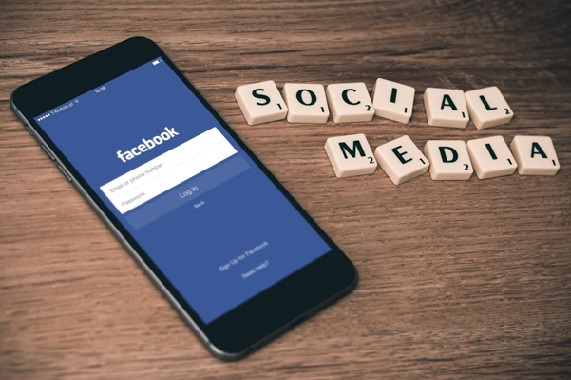In a world where everyone wants to express themselves, social media platforms like Facebook and Twitter can be a great way to connect with friends and family. They also allow us to share our favorite recipes, brag about the latest accomplishment on our résumé, or provide even more details about our lives.
Unfortunately, some people use these same tools for harm instead of happiness; they post things that could be hurtful to others or threaten their well-being in some way. You need to know how to protect yourself from harm caused by others’ social media posts or shares so that you can move forward with your life instead of being held back by someone else’s words. You can find out more information on protecting yourself here:
What is Social Media Harm?
Social media harm is any damage to your reputation, loss of opportunity, emotional damage, or humiliation. It can come in the form of ridicule or bullying on social media platforms like Facebook, Twitter, and Instagram. If someone posts something that makes you feel bad about yourself or others around you, then it’s possible that they are committing social media harm even if they don’t mean to do so.
Advice from a Lawyer
You can get help and advice from a social media youth harm lawyer if you or your family member become a victim of social media harm. A lawyer can help you understand the legal options available to you, navigate the legal system, get the best possible outcome in your case, and any other legal issues that may come up in your life.
Which Legal Action is Appropriate?
You can sue for defamation, invasion of privacy, and copyright infringement. You can also sue for emotional distress, intentional infliction of emotional distress (IIED), negligent infliction of emotional distress (NIED), and negligent retention/dissemination.
How to Sue?
There are two primary ways to sue for emotional and financial losses caused by a harmful post: defamation and false light invasion of privacy.
- Defamation is when someone makes an untrue statement about you in public that harms your reputation or business, leading to financial loss or other damages or injuries.
- False light invasion of privacy means revealing private facts about someone without their consent—for example posting photos from inside the bedroom where they live with no clothes on, recording videos in bathrooms; recording private conversations between friends; etc.
File a Police Report
In addition to reporting the harm, you will also need to provide evidence that the harm occurred. This can be a photo or video of your social media account being hacked and altered or an email from your bank showing an unauthorized transaction. You should also have receipts for any purchases made with stolen credit cards.
The bottom line is that you have the right to protect yourself and your family from social media harm. Contact a lawyer today if you have been a victim of abuse, threats, or harassment.












